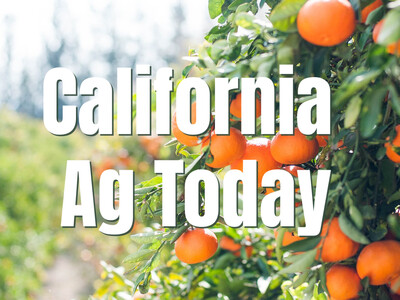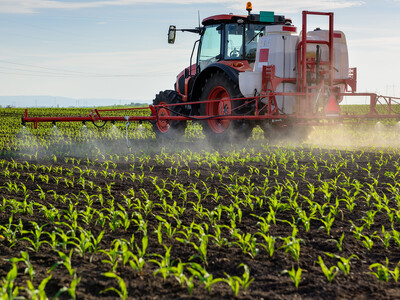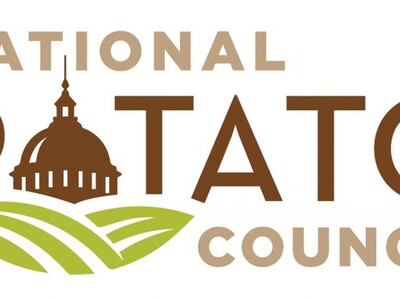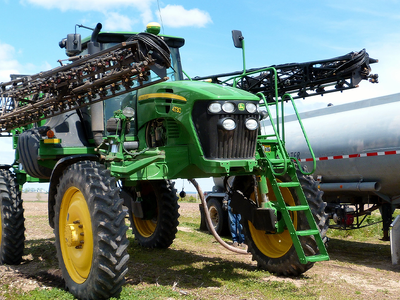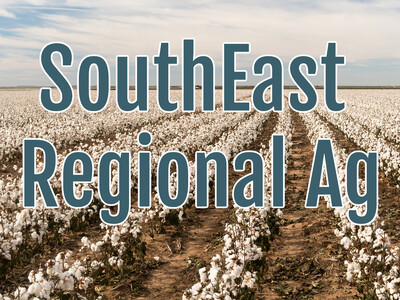Pollinators and Gardens
As we enjoy blueberries, cherries and other fruits of summer, wildlife experts are asking that they give back to the pollinators who helped them grow.Farms and Ranchers depend on pollinators, and experts are discussing the importance of them for ecosystems and food production.
Mary Phillips with the Garden for Wildlife program at the National Wildlife Federation, says animal pollinators including bees, butterflies and hummingbirds pollinate one-third of crops in the U.S.
"And in fact, one out of every three bites we eat is the direct result of our pollinators' work. That has been estimated to contribute to $29 billion in American food production," says Phillips.
But habitat loss, parasites and pesticides have contributed to a steep decline of pollinator populations. Phillips says folks are encouraged to plant a garden to support native pollinators.
She explains even small gardens can make a difference by increasing diversity of bee species across urban and suburban landscapes.
"They can do this by planting anything from a variety of container gardens, if they have a porch or patio, or their backyard or working with community gardens," says Phillips. "And this is really important because pollinators can actually survive in these smaller settings and move from habitat patch to habitat patch."
The National Wildlife Federation is part of the Million Pollinator Garden Challenge, which is two-thirds of the way to its goal.
Phillips says habitat gardens can be registered to become part of an online mapping system, and folks can also consult the NWF's native plant finder to discover the best plants for their area.





